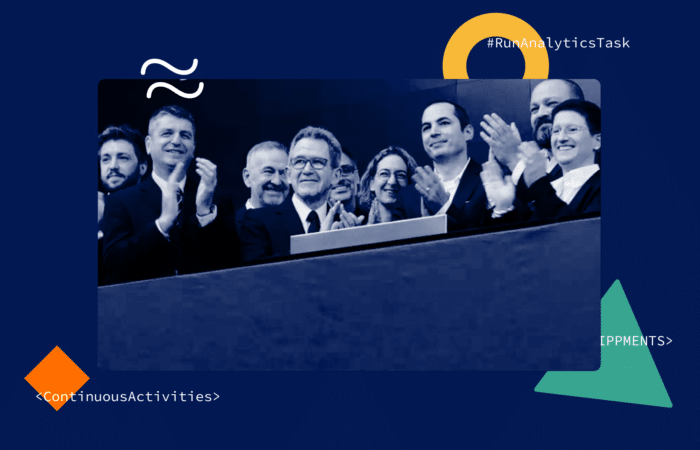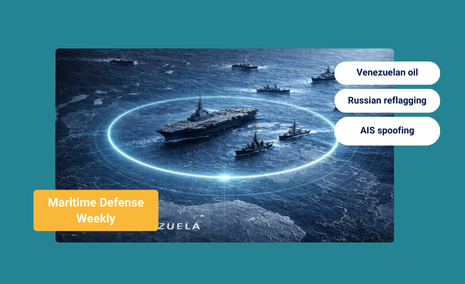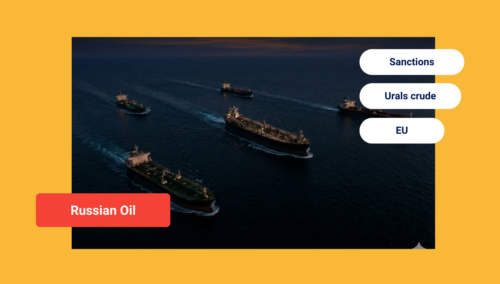January 7, 2026
Maritime Defense Weekly: U.S. Intervention in Venezuela and Maritime Risk
The new maritime standards

What’s inside?
Regulators’ focus on maritime trade and shipping for sanctions is intensifying. On July 27, 2020, the Office of Financial Sanctions Implementation (OFSI), the body responsible to ensure that financial sanctions are properly understood, implemented and enforced in the UK, has issued new guidance aiming at the maritime sector.
Implications: Why does this matter?
- This document lists various questionable practices used to trade in sanctioned goods at sea, reinforcing the need to develop compliance frameworks for stakeholders across the wider maritime ecosystem.
- The new OFSI advisory joins previous advisories by OFAC (the equivalent U.S. government body), further setting the standards and becoming the new best practice across the industry, including insurers, shipping companies, banks and traders.
- It expands in both scope of relevant parties as well as the size of the penalties which may be levied on any party.
- This advisory shows the new standards go beyond a single country’s politics, en route to becoming the new way of doing business worldwide. We expect other regulators to join in expanding the requirement to adapt new ways to manage vessels visibility, and the need to implement KYV.
Preparations: How should organizations get ready?
- Maritime stakeholders who were previously indecisive regarding implementing measures to comply with the advisory may need to reconsider their commitment and timing in light of the possible implications, with OFSI putting further emphasis on risk-based screening and dynamic data analysis
- Legacy list-based screening systems are less effective and costly, either expanding the risk to the business or shrinking the business opportunities:
- Using legacy list-based solutions have proven to be extremely time-consuming in attempting to address the latest OFAC advisory – up to 2.5 days to clear a ship vs 5 minutes with predictive intelligence.
- Further, legacy list-based solutions have proven to create up to 12.6% false positives which ultimately restricts your ability to conduct business.

Implementation: Windward’s Predictive Intelligence has you covered
- Windward Predictive intelligence, powered by MAIA (Maritime Artificial Intelligence Assistant) artificial intelligence, provides you with the fastest, most effective way to make decisions and comply with the latest regulations. You will be able to clear more vessels for business per hour than any other available solution.
- Upcoming solution updates will be provided automatically, and further empower your ability to detect dark activities and other deceptive shipping practices. This will enhance your capabilities in balancing risk management with business expansion, going beyond compliance to provide a digital platform for future business intelligence.
For further details, please contact us on insights@wnwd.com











